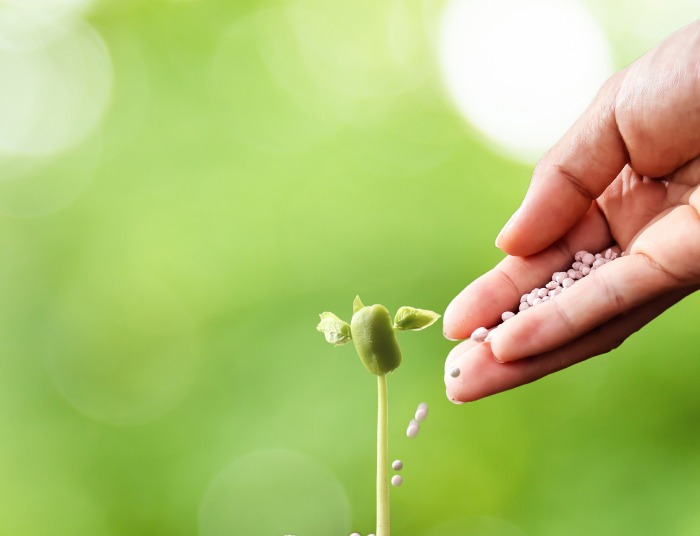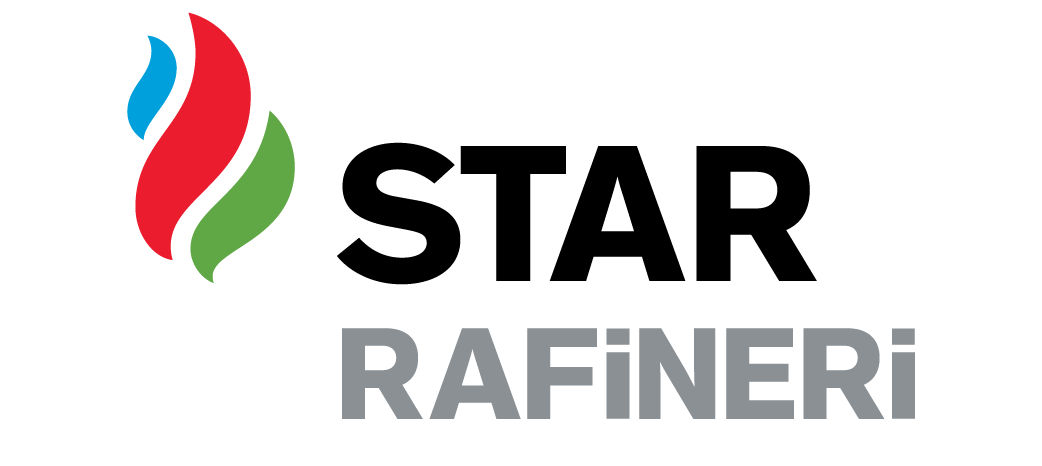Seamless, robust, and two-way communication.
We believe sustainable living is possible in a participative environment per universal principles. We act with that belief in the relationships we develop with our stakeholders. We embrace an ongoing communication approach based on accountability, mutual trust, and respect in all our internal and external interactions
We strive to provide our internal stakeholders with an information-driven, transparent, and participatory business environment. In this regard, we have practices that will facilitate communication with our employees across different channels, allowing them to participate in the management and share their ideas. Communication channels we use periodically or instantly: Survey studies, e-mail and e-bulletins, corporate TV, posters and banners, reputation and satisfaction surveys, training practices, performance management systems, interviews, working groups and committees, complaint and suggestion systems. Our contractor's field workers also have access to these lines of communication.
We have social responsibility activities driven by our people's will. Thus, while enhancing cooperation between our employees, we can participate in the projects for the benefit of society.
We are also working to establish solid dialogues with our external stakeholders. To create a participatory, timely, transparent, and two-way communication culture, we engage with them through channels like the website, social media accounts, and e-mail, and we always stay in touch. Customers, shareholders, investors, public institutions, local governments, trade unions, suppliers, universities, non-governmental organizations, and finance and media organizations represent the stakeholder groups we communicate with most.
Sustainable Development Goals
We are adopting and acting in accordance with the UN Sustainable Development Goals.
The Sustainable Development Goals (SDGs), prepared by the United Nations, aim to address the world's major challenges, particularly the climate crisis. These interconnected objectives focus on strategic issues such as eliminating poverty, protecting oceans and forests, reducing inequality while addressing climate change, and promoting economic growth.
We believe it is everyone's responsibility, not only governments, to implement the SDGs. We recommend that these objectives be understood as a goal of collective action by businesses, non-governmental organizations, and all humanity.
As STAR Refinery, we support SDGs at every value chain stage. Our goal is to manage our social, environmental, and economic impacts in the best way possible as part of our sustainability strategy.
We serve eight sustainable development goals through our stakeholder meetings and global standards established by national and international industry associations.
Goal 5 :
Gender Equality
Goal 6 :
Clean Water and Sanitation
Goal 7 :
Accessible and Clean
Goal 8 :
Decent Work and Economic Growth
Goal 9 :
Industry, Innovation, and Infrastructure
Goal 12 :
Responsible Production and Consumption
Goal 13 :
Climate Action
Goal 17 :
Partnerships for the Goals






















